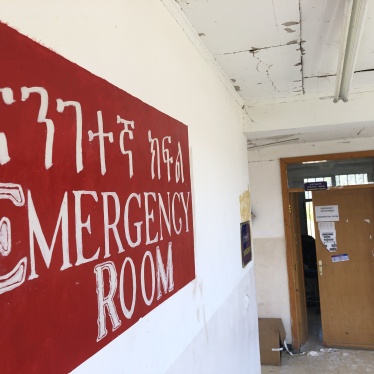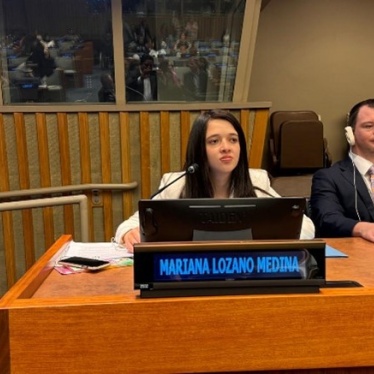The decision not to prevent the states of Washington and Colorado from legalizing the use, production, distribution and sale of recreational marijuana should reduce the human rights costs of current drug control policies
On the International Day of the Disappeared, Filipino activists reminded President Aquino of his commitment to bring perpetrators of enforced disappearances to justice. The people of the Philippines are tired of Aquino administration rhetoric. From this morning: The international debate over Syria took a surprising turn yesterday, as a vote in the UK Parliament narrowly defeated a government motion calling for action, possibly including military strikes, in response to massive chemical attacks last week. One UK paper called it, "the angriest foreign policy row between the main parties since Suez in 1956". After a debate "haunted by Iraq", the result was either, "giving 'succour' to the Assad regime" or "preventing a premature and foolish attack", depending on the commentator.Human Rights Watch Daily Brief, 30 August
Syria, Marijuana, Philippines, China, DR Congo, Rwanda, Iraq, Day of the Disappeared
Secretary of State John Kerry laid out evidence for why the United States believes Syrian government forces
were responsible for the chemical attacks on the outskirts of Damascus. President Obama said that he was still weighing options and considering a "narrow, limited act". The White House released its unclassified assessment of chemical weapons use in Syria.
Yesterday brought other fresh news out of Syria, in particular a shocking new video of the aftermath of an incendiary bomb dropped on a school. Human Rights Watch has previously documented both government use of incendiary weapons in populated areas and government attacks on schools.
In the United States, the Department of Justice gave the federal go-ahead for state marijuana laws.
The US has said it was ready to act alone if need be, and French President François Hollande has also made clear that the British vote did not change his willingness to take action. Syria itself appears to be making preparations for an
attack, moving missiles to try to prevent them from being bombed.
Meanwhile, the five permanent members of the UN Security Council met once more but again failed to come to any agreement. UN chemical weapons inspectors are set to leave Syria on Saturday and then report their findings to UN Secretary-General Ban Ki-moon.
The war in Syria has already cost over 100,000 lives and driven millions from their homes. Human Rights Watch has said that any armed intervention should be judged by how well it protects all Syrian civilians from further atrocities.
Your tax deductible gift can help stop human rights violations and save lives around the world.
Region / Country
Most Viewed
-
July 3, 2024
UAE: Diplomatic Silence on Unfair Mass Trial

-
June 14, 2018
Leave No Girl Behind in Africa

-

-
December 7, 2011
"How Come You Allow Little Girls to Get Married?"

-
July 3, 2024
Artist Rearrested in Cameroon




